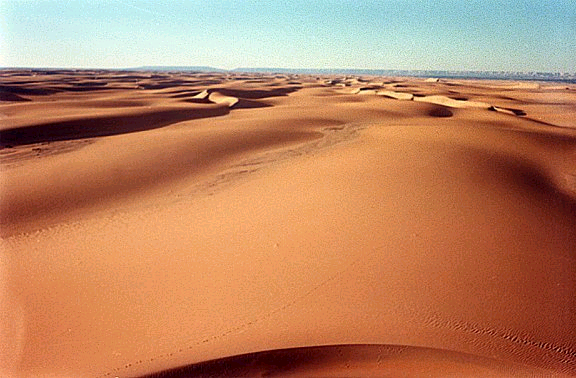“Successful travel writing mediates between two poles: the individual physical things it describes, on the one hand, and the larger theme that it is ‘about’ on the other. That is, the particular and the universal. A travel book will make the reader aware of a lot of things — ships, planes, trains, donkeys, sore feet, hotels, bizarre customs and odd people, unfamiliar weather, curious architecture, risky food. At the same time, a travel book will reach in the opposite direction and deal with these data so as to suggest that they are not wholly inert and discrete but are elements of a much larger meaning, a meaning metaphysical, political, psychological, artistic, or religious — but always, somehow, ethical.”
–Paul Fussell, The Norton Book of Travel (1987)
“That’s why all the worthwhile travel books, throughout history, have lasted. Because they seem to tell us something not just about a faraway place or an intrepid voyager but about life itself. The best travel writers have almost always been aware of this, of the possibility that lives in the heart of a literary adventure, and have written their books in such a way as to play, sometimes humorously, sometimes profoundly, with the parallels: life is a journey, a journey is life.”
–Theo Padnos, “Miles from nowhere”, Yemen Observer, February 5, 2005
“The irony of setting versus story is this: The larger the world, the more diluted the knowledge of the writer, therefore the fewer his creative choices and the more clichéd the story. The smaller the world, the more complete the knowledge of the writer, therefore the greater his creative choices. Result: a fully original story and victory in the war on cliché.”
–Robert McKee, Story (1997)
“The well-worn adage to “write what you know” remains true, at least in the sense of knowing what interests you. When neophytes travel, they have this idea that they must write something very broad, describing every aspect of a place like Paris or Bangkok or Canyonlands. Far more interesting would be a piece about the men or women who collect the bits of tile used to cover certain Thai temples, or the story of how Brancusi’s beautiful sculpting studio ended up outside the Pompidou Center. If you’re a firefighter, write a story about the firefighters of Paris, and how quirky and unusual it is to fight fires in Paris. When was the first major fire in Paris? People should write about what fascinates them, rather than try to do a general story that covers all the bases.”
–Jeff Greenwald, in Michael Shapiro’s A Sense of Place (2004)

